
Get news, updates, & event Info delivered right to your inbox:
Wildfires are becoming more destructive than ever before. In recent years, we've witnessed historic fire seasons—and it now accounts for roughly 30% of global forest cover loss. But wildfires aren't just a problem for remote forests or dry climates—they affect us all. As fires continue to grow in severity and intensity, it's important to understand what drives them, what happens afterward, and how we can prevent them. Here are 7 Wildfire Facts you should know — no matter where you live.
Here Are 7 Facts You Should Know About Wildfires
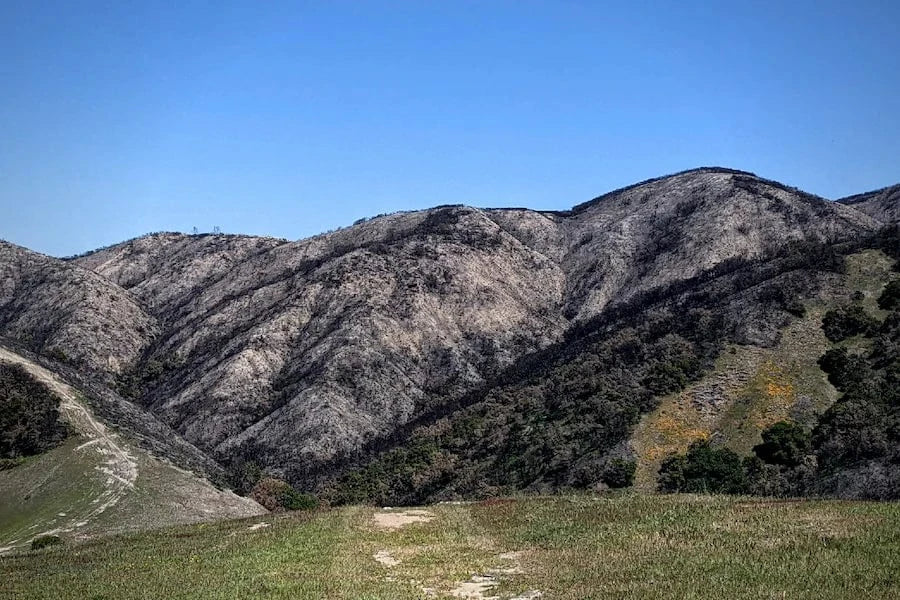
1. We lost over 138 million hectares of global forest cover to wildfire between 2001-2023
According to the Global Forest Watch, we lost over 138 million hectares of global forest cover to wildfire between 2001-2023. Within that time period, 2023 was the most severe year: 11.9 million hectares (42% of all tree cover loss that year) were lost to fire.
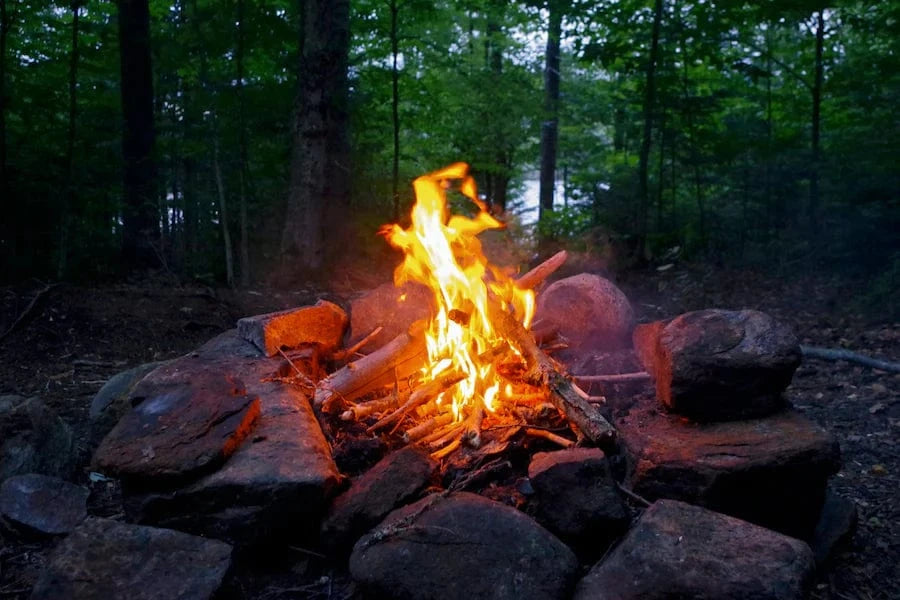
2. Nearly 85% of Wildfires in the US are Started By Humans
Based on Wildland Fire Management Information (WFMI) and the U.S. Forest Service research data archive, nearly 85% of wildfires in the United States are started by humans. Human-caused fires happen for a number of reasons, including unattended campfires, burning of debris, malfunctioning equipment, discarded cigarettes, and intentional arson.
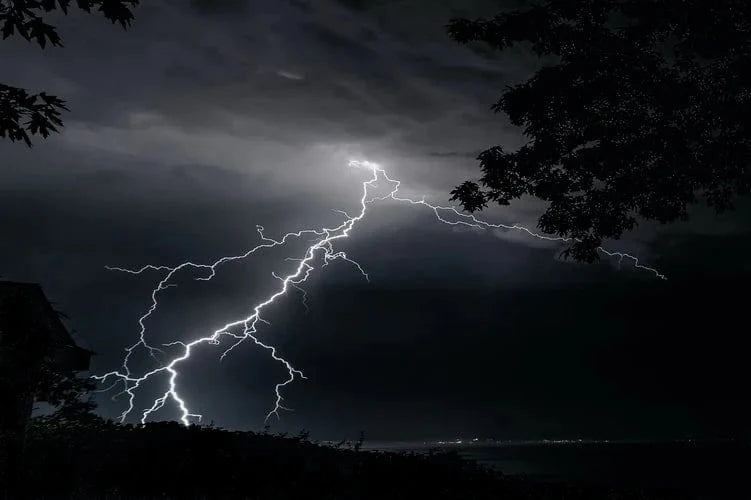
3. Lightning Strikes are the Leading Cause of Natural Wildfires
A recent study estimates that around 77% of the burned area in extratropical intact forests (forest located outside of tropical regions) stems from lightning-ignited fires—and that this will only increase as conditions become drier and hotter.
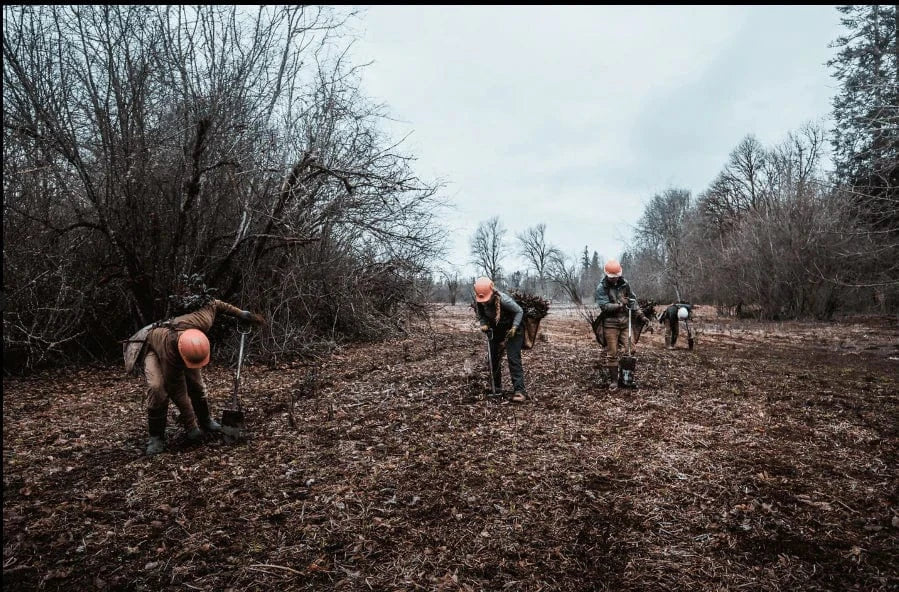
4. Reforestation After a Severe Forest Fire is Critical for Healthy Ecosystem Recovery
After a severe fire, timely reforestation is critical to ensure healthy ecosystem recovery. Without intervention, the plants that grow after a fire may not be the same species that originally populated the area, leading to vegetation type conversion. In this context, vegetation type conversion is when forests are transformed into different ecosystem types in response to severe disturbances, including wildfire, drought, and invasive species.
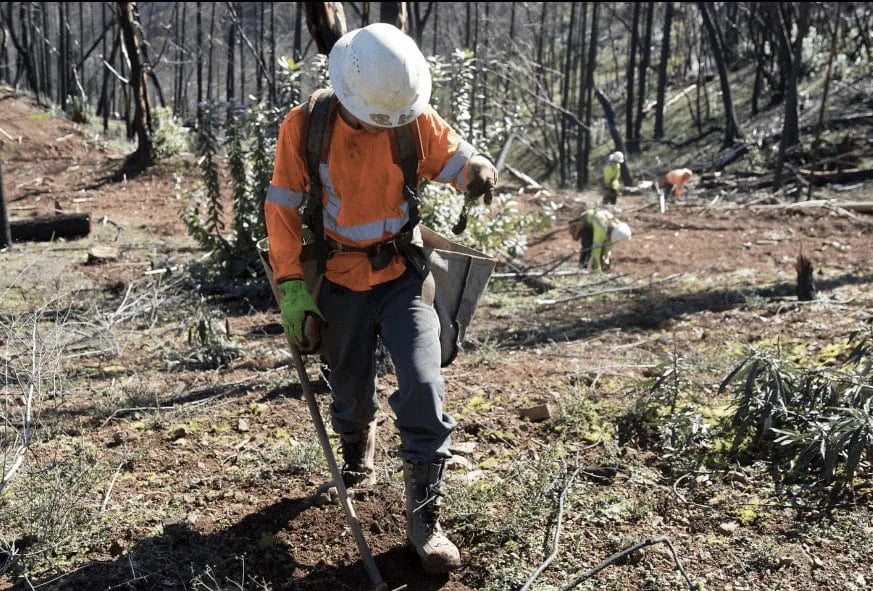
5. Prescribed Burning is one Well-Studied Fire Management Technique
Fire prevention is a proactive, interdisciplinary set of strategies that aim to reduce the risk of forest fires. One well-studied management technique is prescribed burning, which is the careful use of fire to meet specific objectives — such as reducing fuels on the ground by burning specific areas in the understory of a forest.
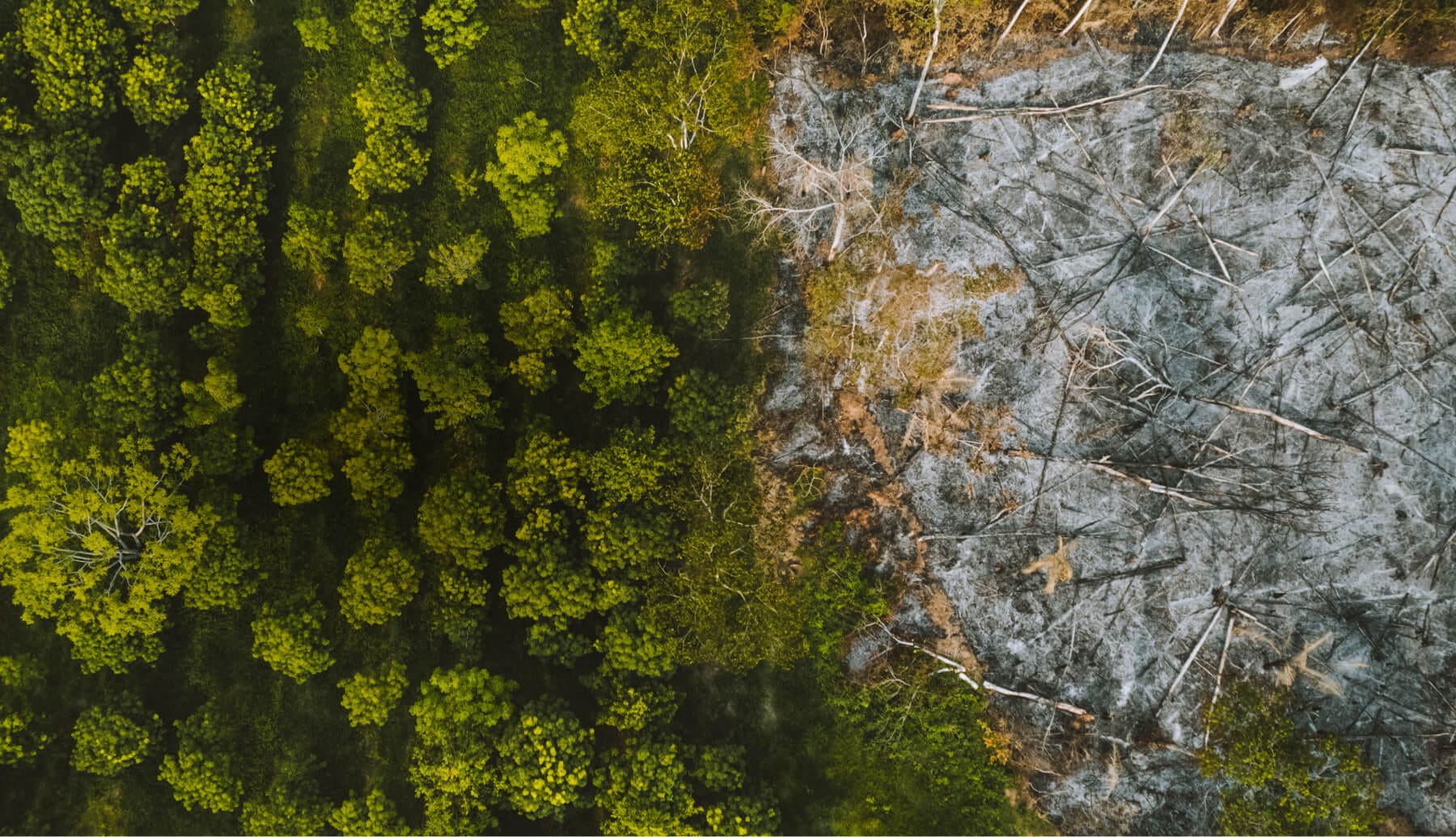
6. Wildfires travel at an average speed of 14pmh
The speed a wildfire will move varies based on factors such as the terrain, type of fuel available, and weather conditions. Rising smoke and heat can dry out fuel sources (like dead vegetation) above a burn area, so fire burns more quickly uphill. Wildfires can also quickly get out of control when flames move from the ground to the treetops
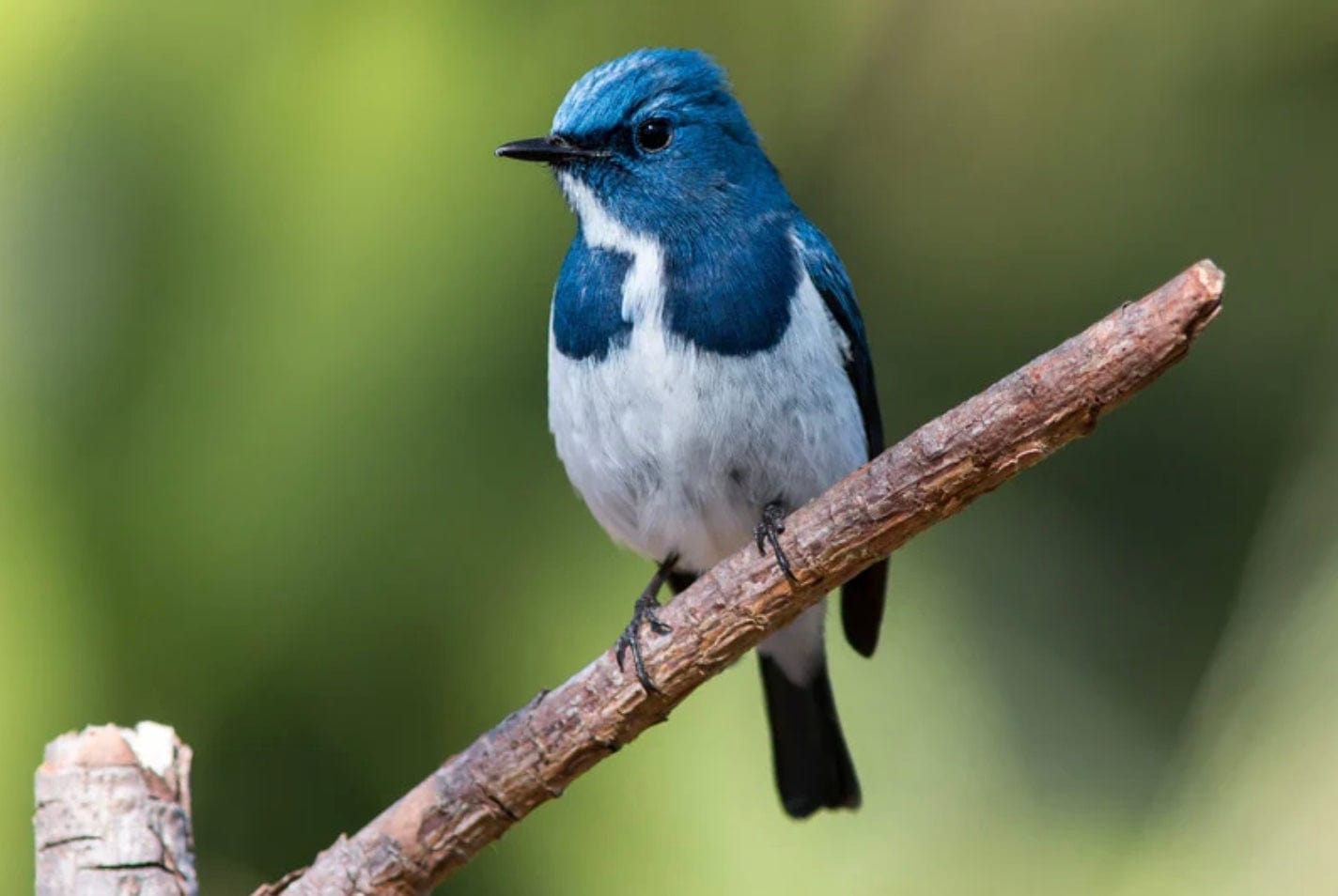
7. Forest and grassland biodiversity has never been more exposed to severe wildfire
Over thousands of years, wildlife species have adapted to the fire regimes (fire frequency, intensity, and fuel consumption patterns) unique to their home ranges. Most species will use intimate knowledge about their habitat to outrun or fly away from fires. But today, increasingly severe wildfires mean wildlife is exposed to more fire than ever before. Catastrophic fires induce widespread tree mortality that results in reduced biodiversity and extensive habitat loss for wildlife, including many threatened and endangered species.
Based on data gathered between 2001-2023, the World Resources Institute has confirmed that, unfortunately, forest fires are getting worse: they are becoming more widespread and burning at least twice as much tree cover today as they did two decades ago
So what can we do about it? More than you might think. In addition to critical fire prevention strategies, you can help by supporting One Tree Planted's Wildfire Fund, which supports reforestation for wildfire restoration in areas that have experienced high severity fires. In addition to facilitating healthy ecosystem recovery, planting trees after a fire event can reduce vulnerability to future disturbances — including wildfires, insect infestations, and disease outbreaks.
Get news, updates, & event Info delivered right to your inbox:
Related Posts
Sustainable Diet Tips: How to Eat Healthy While Protecting the Planet
13/01/2026 by Meaghan Weeden
Agroforestry Explained: Principles, Benefits, and Case Studies
08/01/2026 by Meaghan Weeden
Plant Your Resolution: Making a Global Impact With The Grove
01/01/2026 by One Tree Planted
Popular On One Tree Planted
How to Reduce Waste: 21 Practical Zero Waste Tips for Everyday Living
23/12/2025 by Meaghan Weeden
Inspirational Quotes About Trees
16/12/2025 by Meaghan Weeden
The 9 Oldest, Tallest, and Biggest Trees in the World
11/12/2025 by One Tree Planted
Fundraising Disclosures

Be Part of the Restoration Movement
The Grove is more than just a monthly giving program: it's a vibrant community of individuals who are dedicated to reforestation and environmental restoration on a global scale.





